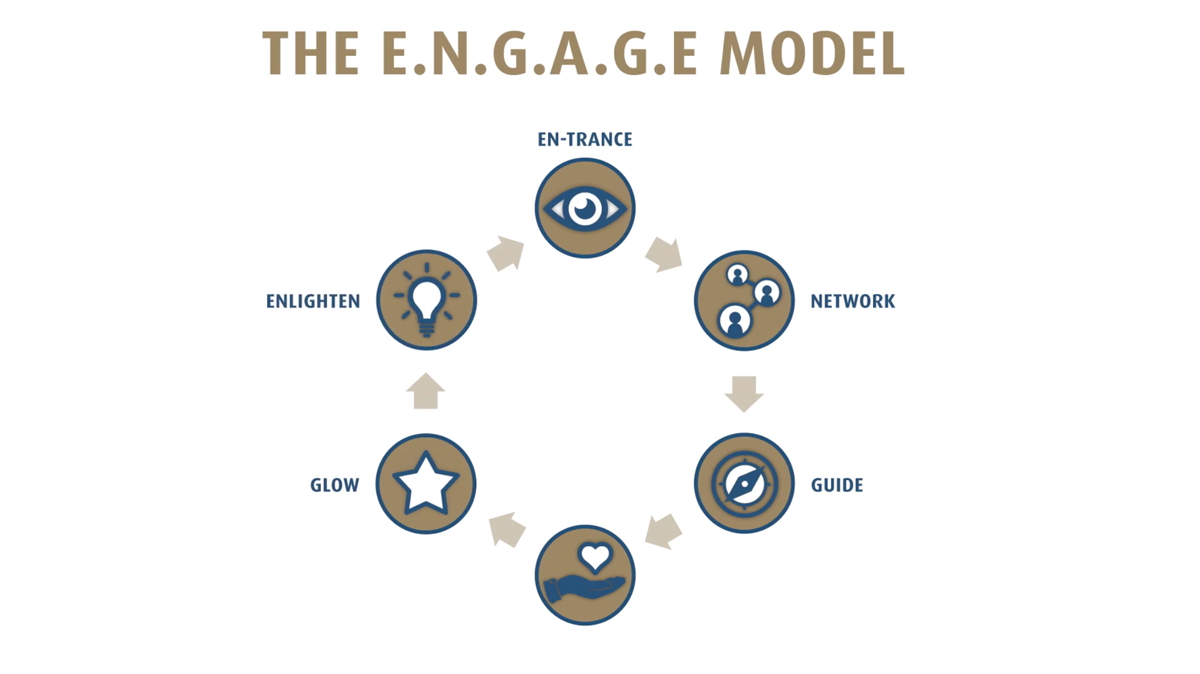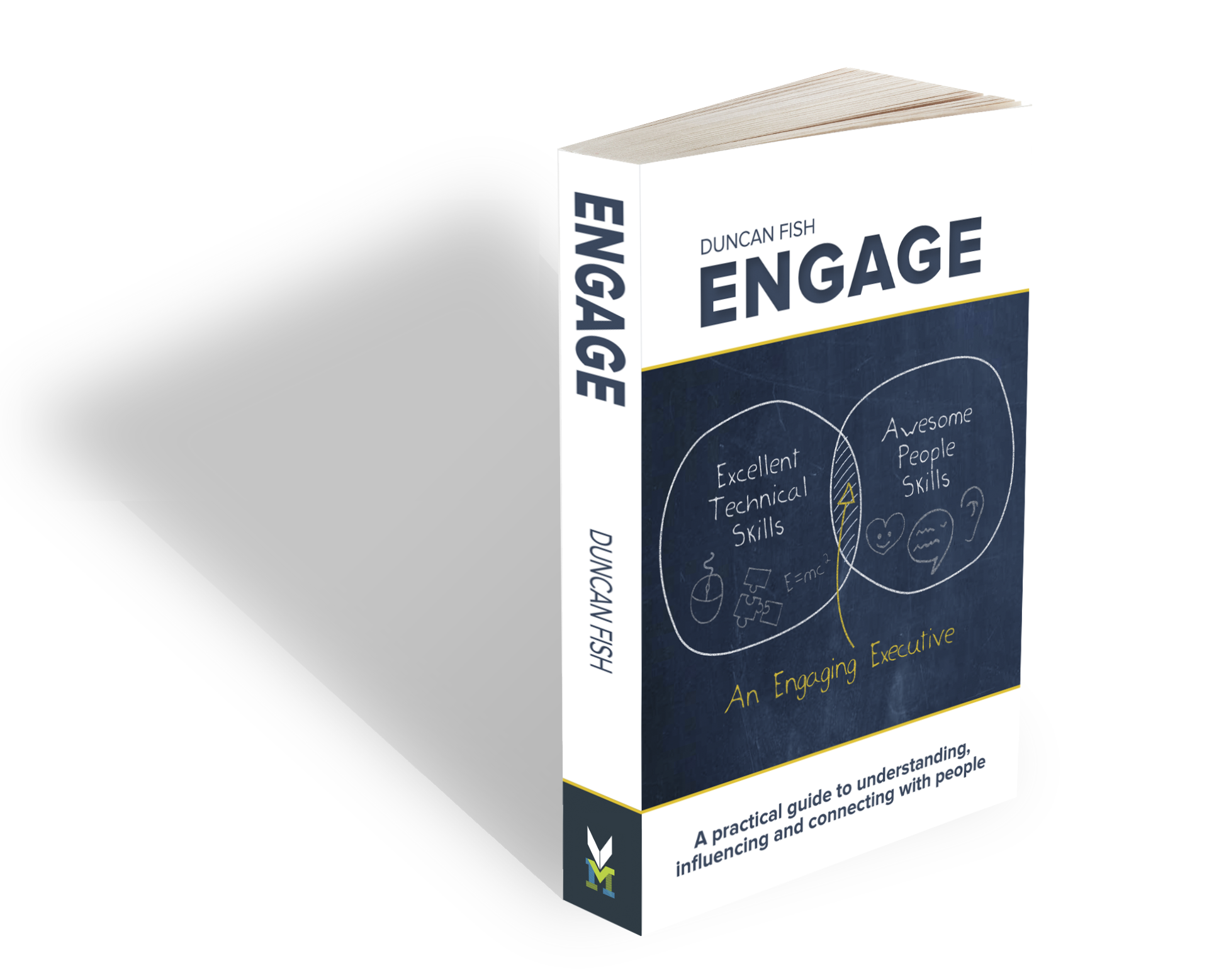Emotional Intelligence Impacts Your Annual Income
Posted By Duncan Fish on September 3, 2019

Yes, your emotional intelligence directly impacts your annual income.
Don’t believe me? Check out this study published in the Journal of Organizational Behavior. Particularly, it notes that your emotion recognition ability (ERA) is directly related to your annual income.
The study found that those with higher ERA ability were considered more socially and politically skilled by their supervisors and they did in fact receive higher annual incomes than their peers.
Similar to ERA is empathy. There are three key stages to developing empathy: identification, understanding and reaction.
You should be able to identify subtle differences in others’ behaviours, which could cue you into their emotions. Then, make sure you understand where they’re coming from by asking relevant and appropriate questions.
Lastly, react in a way that matches the other person’s energy. If they’re feeling somewhat morose and down about something, lower your energy levels to match theirs, begin to empathise and then slowly pull their energy level up to be on par with your own.
Read here for an example from one of our success stories and see how empathy took part. These are tactics that I cover with my clients at length and also within my book, ENGAGE.



